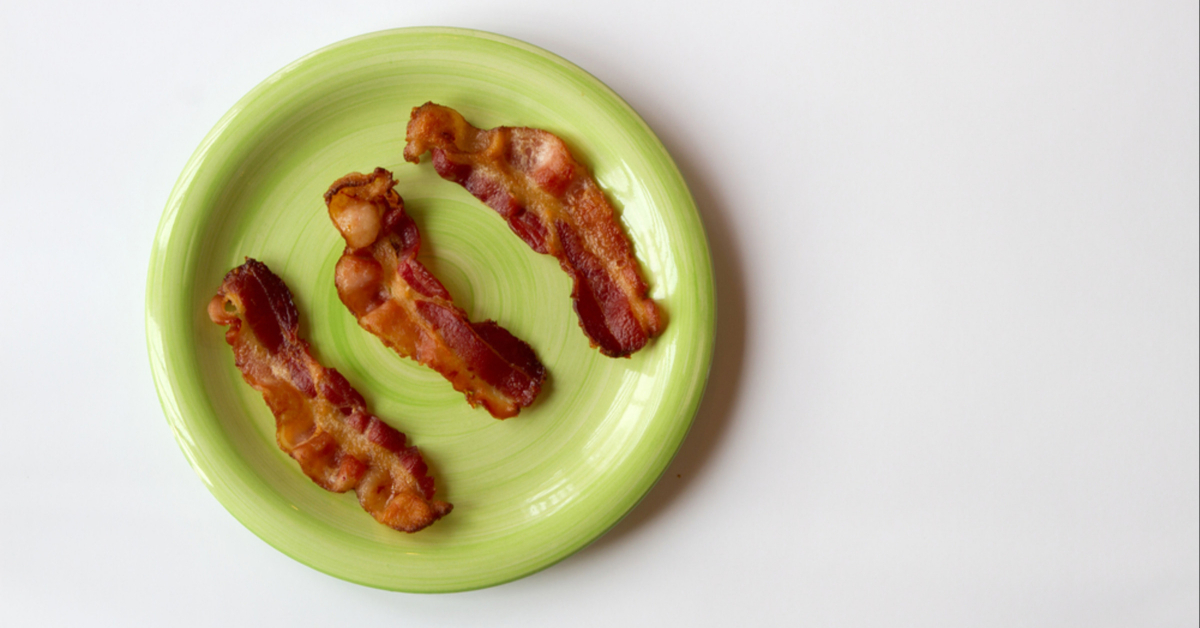 There are pros and cons with everything. So naturally, this includes weight loss. With so many diets to choose from, how do you know which one is for you? Today, I’m going to break down some of the top weight loss techniques. And help give you a better sense of which one might be best.
There are pros and cons with everything. So naturally, this includes weight loss. With so many diets to choose from, how do you know which one is for you? Today, I’m going to break down some of the top weight loss techniques. And help give you a better sense of which one might be best.
What works for your friend may not be the perfect answer for you. Your unique qualities determine that. So here are some pros and cons of some of the most popular weight loss techniques. Which diet approach will work best for you?
Calorie Counting –
Fads come and go, but calorie counting has stood the test of time. I imagine you’re familiar with the concept. You’re allotted a certain number of calories a day. These calories should be divided between carbohydrates, fat, and protein. And your main goal is to stay within that budget.
Here are the pros. This approach is really good for someone who likes things simple. With calorie counting, there’s only one area to focus. It’s all about addition and subtraction. And while you can eat more food if you make healthy choices, there’s room for almost any other comfort food as long as you account for the calories.
But here are the cons. You’re greatly restricted with how much you can eat. Once you hit your calorie allowance for the day, you’re done. Even if you’re still hungry.
And here’s another big downer. Calorie counting often leads to more temporary weight loss. Because this type of weight loss depends on putting the body in a place of starvation. Which is hard to maintain. Human instinct is to compensate for starvation by eating more later.
Low-Carb (Atkins)
Low-carb diets focus on protein and fats. So this is not a good type of diet for a vegetarian. It’s very meat-centric. While a low-carb diet isn’t exclusive to Atkins, I’m going to go over that one as a point of reference.
The Classics Atkins diet (now Atkins 20) starts out very low-carb. Only about 20 grams of carbs per day! But as you go through the different diet phases, you carb allotment grows. And you can eat as much protein and fat as you’d like.
The pros to this plan is that you can eat as much as you want. So whenever you’re hungry, you can eat. And it’s great for people who really feel good eating meat. Because you’re allowed unlimited portions. This diet also helps stabilize blood sugar which is essential for long-term weight loss.
The cons are that you’re restricting all carbohydrates, including the good ones. For instance, a cup of brussels sprouts has about 8 grams of carbohydrate. That’s half your daily allowance there. So you’re greatly limiting some of the healthiest foods from your diet. You need to make sure to add back the healthy carbs as you reach the later stages.
Plus, without carbs for fuel, you can feel low energy. Which might make you less prone to workout and do other things important for weight loss.
 Keto Diet
Keto Diet
The Keto diet a very high fat diet. It’s also extremely low-carb. The goal is for your body to enter a state of ketosis so you burn fat instead of sugar for energy. When your body burns fat, it produces ketones. And when your ketones reach a certain level, you’ve entered the state of ketosis.
The pros to this plan are that it can be very liberating for those who’ve spent years on a low-fat diet. Plus you can lose weight quickly in the early stages. And you can eat whatever you want, as long as you keep your carbohydrate intake very low (about 20 grams per day.) Plus this plan is good for blood sugar levels which need to be balanced for weight loss.
The cons are that you can stay within the parameters of this plan and still eat horribly unhealthy. If you, let’s say, fill up on bad fats like smoked meats, cheeses, and fried meats, you’ll strain your health. You must have the discipline to fill up on healthy fats like fish oil, olive oil, nuts, and avocado. Or your weight loss will ultimately take a heavy toll on your health.
And for some people, a high fat, low-carb diet can be hard to maintain long-term. This diet might feel great for some people. But it will be really hard for others.
Intermittent Fasting for Weight Loss
This is a way of eating that includes regular, short term fasts. Short-term fasting can supposedly boost metabolism while making stored energy more available. It can be good for balancing the weight loss hormones. Plus, repeated fasts can naturally restrict your calories if you don’t overindulge later.
The pros are that you aren’t restricted to only certain foods like other plans. While you still need to focus on eating healthy, you don’t need to limit your good carbohydrates. You can, within moderation, eat what you want. Plus, times of fasting can be viewed as an emotional and physical resting time; a mind-body growing experience.
But for the cons, intermittent fasting can have some unhealthy consequences. This can be dangerous for someone with a history of an eating disorder. Fasting can elicit an unhealthy preoccupation with food.
Plus, there is some evidence that long-term intermittent fasting can lead to fertility issues in women and possibly even early menopause. So you have to regularly check in to see how this is affecting your body.
Pros and Cons
So those are the pros and cons of four of the most popular current weight loss techniques. As you can see, there isn’t a perfect way to lose weight. That’s why that diet that that melted fat like crazy for someone you know might not be right for you.
There’s also things like body chemistry and individual imbalances that determine a meal plan’s success. So don’t be too hard on yourself if you try the latest thing and come up empty. There might be something better for you right around the corner.


I’m one of the people who isn’t afraid of trying new things. I eat everything. I wanna experience all kinds of food that’s why it’s hard for to follow any of these techniques. I guess, I just have to work on my exercise!
This was a great breakdown of the different diet plans. Thanks for sharing
I really try to stay away from calorie counting it stresses me out lol
i have never tried these approaches. However, I do meal plan and just make sure I eat a lot of veggies and not overdo the carbs. These sound too extreme. mama loves food.
I’ve had the most luck with counting calories! It makes it easy to eat what I want, as long as I have the calories to cover it!
I believe you should not follow any weight loss technique it s all waste of time.
Instead, use the natural method of 500 calorie deficit. It is the best.
Thanks for providing the clearest explanation of each of those diets that I’ve read. Because I am lazy when it comes to food, I decided years ago (actually following a stint of eating Fit For Life in the eighties–yes, during my CA living years!) that my best course was simply to eat as much real food as possible and as little processed food as I could. My health and weight stayed the same from 1987 until menopause in 2007 and even post that, I’ve only gained four pounds.
Of course, that weight is in different places as I near 59, but that’s a whole different blog!
Thanks for the good info!